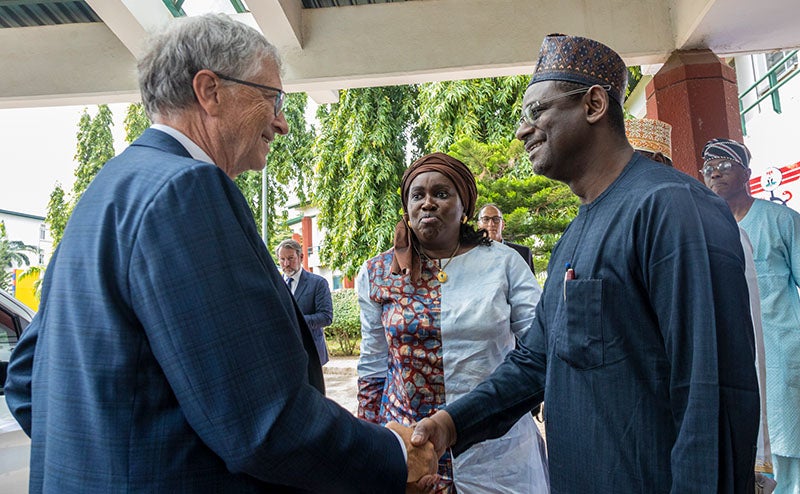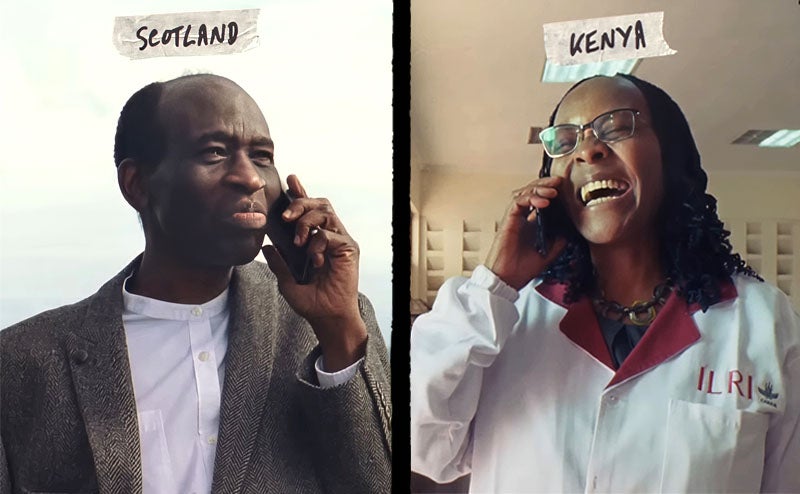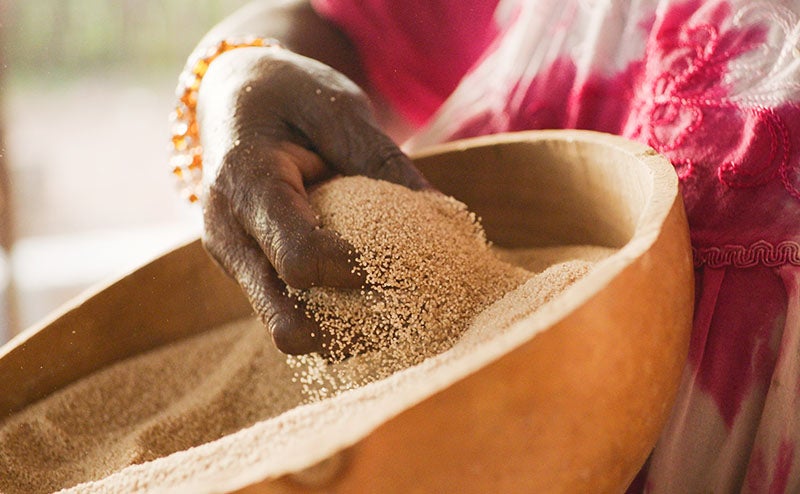Brown’s core argument is exactly what his title suggests: despite a worldwide fixation on strength as a positive quality, strong leaders—those who concentrate power and decision-making in their own hands—are not necessarily good leaders.
I arrive in Ghana today to see firsthand why the country’s immunization system is working so well and meet the people involved.
For some people, health delivery systems might not seem like the most intriguing topic, but I am really interested in understanding how they’ve done so much of this right. Strong immunization systems are crucial for protecting our gains against polio and helping us reach mothers and children with new vaccines and other life-saving health services. In Ghana, for example, polio was eliminated a decade ago and an outbreak in 2008 was quickly controlled. No child there has died from measles since 2002. And Ghana was the first country to launch two new vaccines last April, against rotavirus, which causes severe diarrhea, and pneumococcal pneumonia.
Ghana’s approach works so well for a few key reasons: Rigorous data gathering and analysis, accountability at the district level, and community outreach. Just as importantly, the vaccination program is fully integrated into the health system. But there’s really no substitute for seeing it on the ground.
Tomorrow we’re going to visit a director of health services in a district in central Ghana, then a nearby clinic. We’re then going to visit a community health center where the nurses also go out to find mothers who missed appointments or children due for immunizations to make the program as thorough as possible. As I wrote in my annual letter this year, measurement is crucial for improving health care, so at every stop I want to understand how the data is collected and used for planning and decision making – and meet the people who are making this success possible.
I plan to share my experience in Ghana at the Global Vaccine Summit in Abu Dhabi April 24-25, where global health leaders will celebrate progress in immunization and demonstrate how the world is united to give all children a healthy start to life.
Of course, no system is perfect, so I want to learn about the obstacles and challenges in Ghana as well. I’ll speak with many of the leaders who are working so hard to reach every child with vaccines, including Dr K.O. Antwi-Agyei, who manages the national immunization program. I’m also excited to talk to some of the well-trained community health nurses and meet some of their local clients. In my next post I’ll tell you about the people I’m meeting and some of the lessons we can learn from Ghana’s success.




